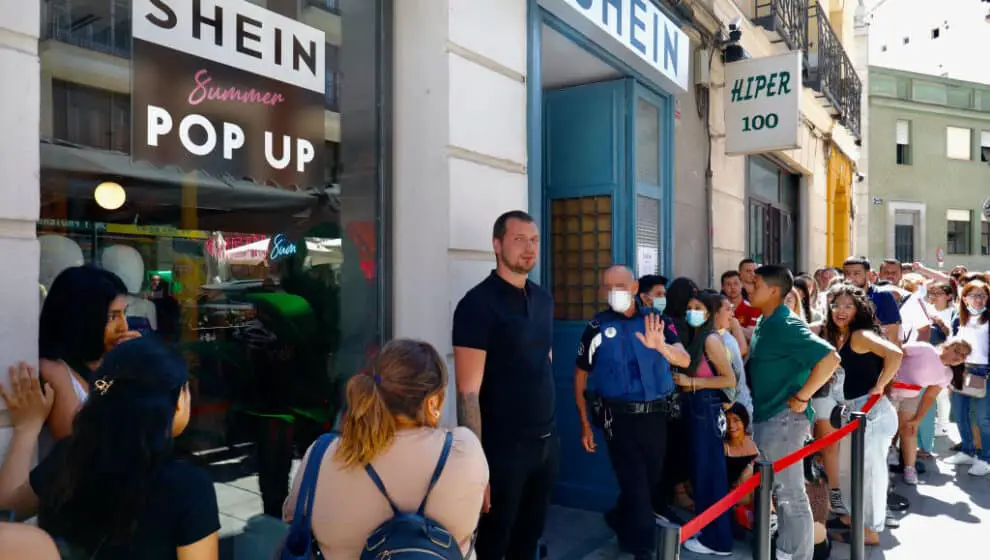While a TikTok ban has become increasingly popular among U.S. lawmakers, the video-sharing app is not the only Chinese app on Americans’ phones.
Key Details
- Chinese apps are widespread across the U.S., but many American apps are banned in China.
- China’s large population allows the country’s developers to test new products on a larger demographic than American developers can. Due to censorship demands, many American apps never make it to the Chinese market.
- Four of the top 10 most-downloaded apps in the U.S. over the last month come from Chinese developers, Axios reports. They include Temu, SHEIN, TikTok, and CapCut.
- The demand for a TikTok ban has been spurred by the app’s close connection to Chinese regulators, but these other popular apps have not met the same resistance. Of course, they have not been accused of spying on U.S. journalists.
Why it’s news
Even though Chinese apps are frequently downloaded, American apps tend to provide users with better utility than their Chinese counterparts. For example, the most-visited apps in the U.S. are owned by Google and Meta Platforms. Meta and Apple also own some of the apps making that list. TikTok is the only Chinese app on the list of 20 most-visited apps, Axios reports.
Some of the most popular apps from China include
- Temu
- SHEIN.
- TikTok
- CapCut
Temu and SHEIN are online retail apps. Temu has a broad selection of merchandise, ranging from clothing to home goods to electronics. SHEIN predominantly sells low-cost clothing.
TikTok and CapCut are the other two most popular Chinese apps in the U.S. TikTok is a swiftly growing social-media app especially popular among younger users. CapCut is also owned by TikTok’s parent company ByteDance. CapCut is a video-editing app where users can create better-quality videos to post on their social media accounts.
While apps like TikTok and SHEIN are popular among U.S. users, they do not provide the same level of utility that other popular American apps do. Among the most-visited apps in the U.S. are useful apps like Google Search, Gmail, The Weather Channel, and Google Maps.
Backing up a bit
TikTok CEO Shou Chew appeared before the House Energy and Commerce Committee to answer members’ questions about the social-media app’s data security and connection to the Chinese government.
Chew defends TikTok as a place to discover, create, and connect with others. “Although some people may still think of TikTok as a dancing app for teenagers, the reality is that our platform and our community have become so much more for so many,” he says.
TikTok, Chew says, is more than just a place for fun social-media connection. It is also a way for small businesses to connect with customers.
In response to the concerns of committee members, Chew says, “1) We will keep safety—particularly for teenagers—a top priority for us; 2) We will firewall protected U.S. user data from unauthorized foreign access; 3) Tiktok will remain a platform for free expression and will not be manipulated by any government; 4) We will be transparent and give access to third-party independent monitors, to remain accountable for our commitments.”
Multiple committee members pushed back on TikTok’s “Project Texas,” the company’s plan to hold all U.S. user data in a Texas facility. Representative Frank Pallone (D-NJ) told Chew that he did not believe these measures would be sufficient to protect U.S. data.
Though the focus of many lawmakers’ concerns has centered around national security, many committee members focused their questions on how the social-media app affects users—particularly teenagers—mental and physical health.
